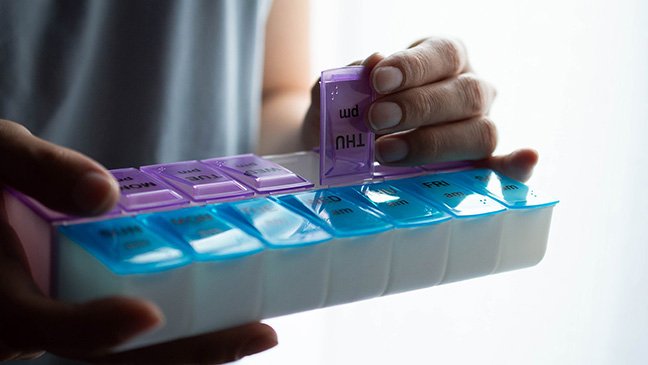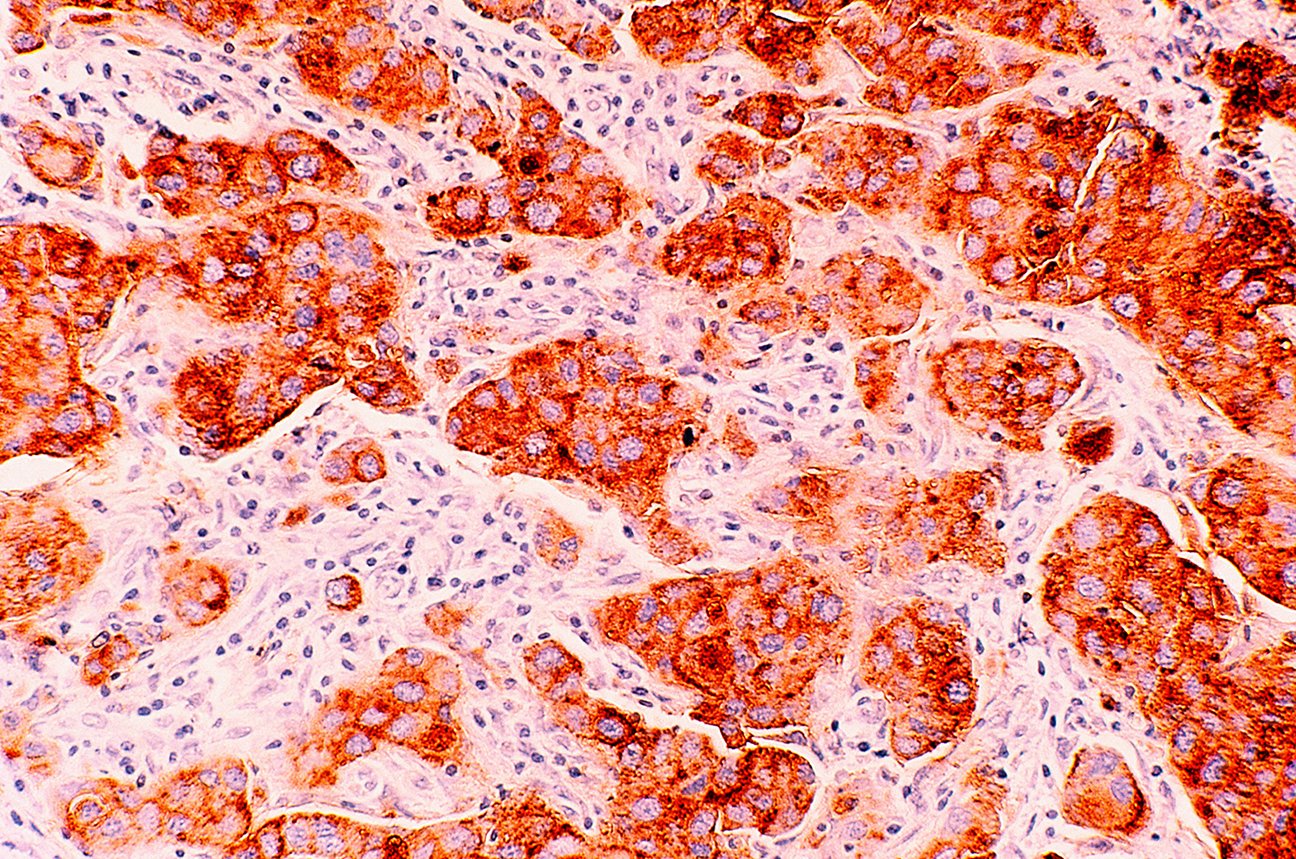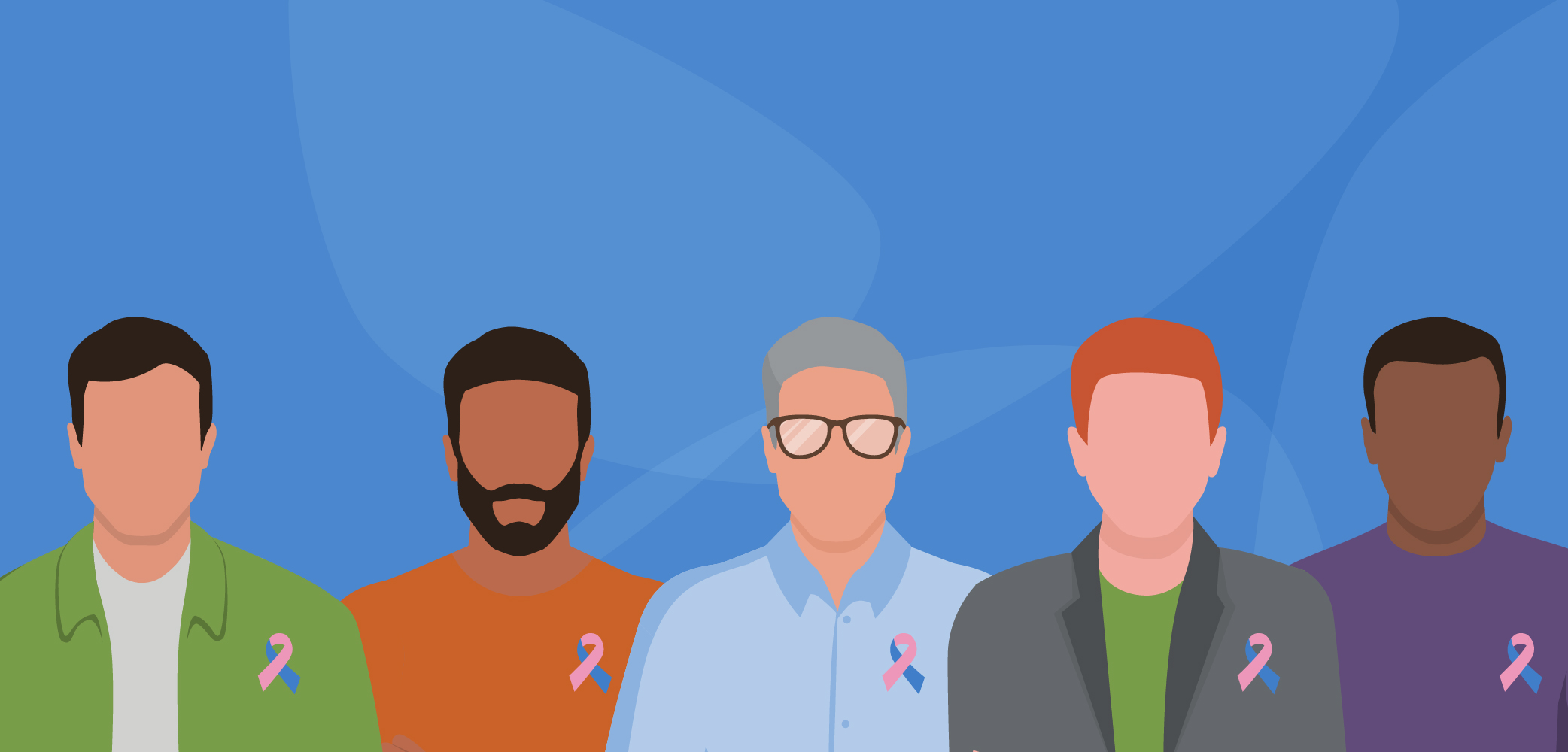- Diseases
- Acoustic Neuroma (16)
- Adrenal Gland Tumor (24)
- Anal Cancer (70)
- Anemia (2)
- Appendix Cancer (18)
- Bile Duct Cancer (26)
- Bladder Cancer (74)
- Brain Metastases (28)
- Brain Tumor (234)
- Breast Cancer (726)
- Breast Implant-Associated Anaplastic Large Cell Lymphoma (2)
- Cancer of Unknown Primary (4)
- Carcinoid Tumor (8)
- Cervical Cancer (164)
- Colon Cancer (168)
- Colorectal Cancer (118)
- Endocrine Tumor (4)
- Esophageal Cancer (44)
- Eye Cancer (36)
- Fallopian Tube Cancer (8)
- Germ Cell Tumor (4)
- Gestational Trophoblastic Disease (2)
- Head and Neck Cancer (14)
- Kidney Cancer (130)
- Leukemia (342)
- Liver Cancer (50)
- Lung Cancer (286)
- Lymphoma (278)
- Mesothelioma (14)
- Metastasis (30)
- Multiple Myeloma (100)
- Myelodysplastic Syndrome (60)
- Myeloproliferative Neoplasm (6)
- Neuroendocrine Tumors (16)
- Oral Cancer (102)
- Ovarian Cancer (178)
- Pancreatic Cancer (160)
- Parathyroid Disease (2)
- Penile Cancer (14)
- Pituitary Tumor (6)
- Prostate Cancer (150)
- Rectal Cancer (58)
- Renal Medullary Carcinoma (6)
- Salivary Gland Cancer (14)
- Sarcoma (238)
- Skin Cancer (300)
- Skull Base Tumors (56)
- Spinal Tumor (12)
- Stomach Cancer (66)
- Testicular Cancer (28)
- Throat Cancer (92)
- Thymoma (6)
- Thyroid Cancer (100)
- Tonsil Cancer (30)
- Uterine Cancer (86)
- Vaginal Cancer (18)
- Vulvar Cancer (22)
- Cancer Topic
- Adolescent and Young Adult Cancer Issues (22)
- Advance Care Planning (12)
- Biostatistics (2)
- Blood Donation (18)
- Bone Health (8)
- COVID-19 (360)
- Cancer Recurrence (120)
- Childhood Cancer Issues (120)
- Clinical Trials (628)
- Complementary Integrative Medicine (22)
- Cytogenetics (2)
- DNA Methylation (4)
- Diagnosis (238)
- Epigenetics (6)
- Fertility (62)
- Follow-up Guidelines (2)
- Health Disparities (14)
- Hereditary Cancer Syndromes (128)
- Immunology (18)
- Li-Fraumeni Syndrome (8)
- Mental Health (122)
- Molecular Diagnostics (8)
- Pain Management (62)
- Palliative Care (8)
- Pathology (10)
- Physical Therapy (18)
- Pregnancy (18)
- Prevention (936)
- Research (390)
- Second Opinion (78)
- Sexuality (16)
- Side Effects (616)
- Sleep Disorders (10)
- Stem Cell Transplantation Cellular Therapy (216)
- Support (408)
- Survivorship (328)
- Symptoms (182)
- Treatment (1788)
Diagnosed with breast cancer after menopause? Aromatase inhibitors can help
4 minute read | Published August 18, 2022
Medically Reviewed | Last reviewed by an MD Anderson Cancer Center medical professional on August 18, 2022
The female hormone estrogen is “fuel” for about 80% of breast cancers in women who’ve gone through menopause.
“Menopause itself doesn’t boost the risk for breast cancer, but growing older does,” says breast medical oncologist Rachel Layman, M.D. “The longer a woman’s body has accumulated estrogen during her lifetime, the greater her risk will be.”
Drugs called aromatase inhibitors can stop the body from making estrogen and deny cancer cells the fuel they need to grow.
We talked with Layman to learn more about these hormone therapy drugs, which are available only to women who’ve completed menopause.
What are aromatase inhibitors?
Aromatase inhibitors are among the most effective medications today for treating or preventing the recurrence of estrogen-fueled breast cancers in post-menopausal women.
Three aromatase inhibitors are currently approved by the Food and Drug Administration (FDA): anastrozole, letrozole and exemestane.
Doesn’t the body automatically stop making estrogen after menopause?
No, not entirely. Before menopause, the ovaries produce most of the body’s estrogen. After menopause, the ovaries no longer make estrogen.
But the hormone is still made in other areas of the body, mostly in fat cells. That may be why weight gain is such a key risk factor for breast cancer after menopause. More fat cells mean more estrogen.
How do aromatase inhibitors work?
An enzyme in fat tissue, called aromatase, converts other hormones in the body into estrogen. Aromatase inhibitors prevent, or inhibit this action. In doing so, the drugs lower the amount of estrogen in the body by as much as 95%. Without estrogen as fuel, cancer cells die.
Why can’t younger women take aromatase inhibitors?
Aromatase inhibitors don’t stop the ovaries from making estrogen. If your ovaries are still functioning, aromatase inhibitors will have no effect.
Although aromatase inhibitors don’t target the ovaries, they do target the enzyme in fat that makes estrogen.
How and when are aromatase inhibitors delivered?
Aromatase inhibitors are taken as a daily pill. Women usually begin the drug after undergoing surgery to remove a breast tumor. They typically remain on the drugs for five to 10 years, depending on how likely the cancer is to return. In some instances, aromatase inhibitors are given before breast cancer surgery to shrink the tumor, which makes it easier to remove.
What’s the difference between aromatase inhibitors and tamoxifen?
Pre-menopausal women with breast cancer fueled by estrogen are prescribed tamoxifen, or less frequently, raloxifene. Like aromatase inhibitors, these drugs work against estrogen, but in a different way.
- Tamoxifen and raloxifene block estrogen from attaching to cancer cells. Estrogen is fully present in the body, but the drugs stop it from connecting with and fueling the tumor.
- Aromatase inhibitors prevent the body from making estrogen by stopping the hormone-converting action of the enzyme aromatase.
Aromatase inhibitors only work in post-menopausal women, but tamoxifen and raloxifene work in both pre- and post-menopausal women. Clinical trials have shown that aromatase inhibitors are about 30% more effective in preventing breast cancer recurrence than tamoxifen or raloxifene. For that reason, aromatase inhibitors are the preferred treatment for post-menopausal women with estrogen-fueled breast cancers.
Can aromatase inhibitors treat and prevent breast cancer?
Aromatase inhibitors are most often used to treat existing breast cancers or to prevent previous breast cancers from recurring.
Clinical trials have shown that two aromatase inhibitors – anastrozole and exemestane – can lower breast cancer risk in women who have never been diagnosed with the disease. However, these drugs have not yet received FDA approval for this use.
Additional studies are underway to determine whether aromatase inhibitors may reduce the risk of breast cancer in people with genetic mutations that increase breast cancer risk.
What are the side effects of aromatase inhibitors?
Because aromatase inhibitors lower the amount of estrogen in the body, their most common side effects are similar to those caused by menopause. These include:
- Hot flashes
- Night sweats
- Osteoporosis
- Joint achiness
- Mood swings
- Vaginal dryness
These symptoms go away after the medication is completed. Patients react differently to aromatase inhibitors, but few experience side effects severe enough to interfere with daily life.
Any advice you’d like to share with patients facing breast cancer after menopause?
A breast cancer diagnosis after menopause can be overwhelming. Just as you’re beginning a new chapter in your life, you’re told you have cancer.
Take encouragement from knowing that:
- Breast cancers fueled by estrogen tend to be less aggressive and have better outcomes than other forms of the disease.
- Numerous clinical trials have shown that aromatase inhibitors are safe and effective for treating and preventing the recurrence of estrogen-fueled breast cancers in post-menopausal women.
Request an appointment at MD Anderson online or by calling 1-877-632-6789.
Related Cancerwise Stories

Aromatase inhibitors are the most effective medications today for treating or preventing the recurrence of estrogen-fueled breast cancers in post-menopausal women.
Rachel Layman, M.D.
Physician





